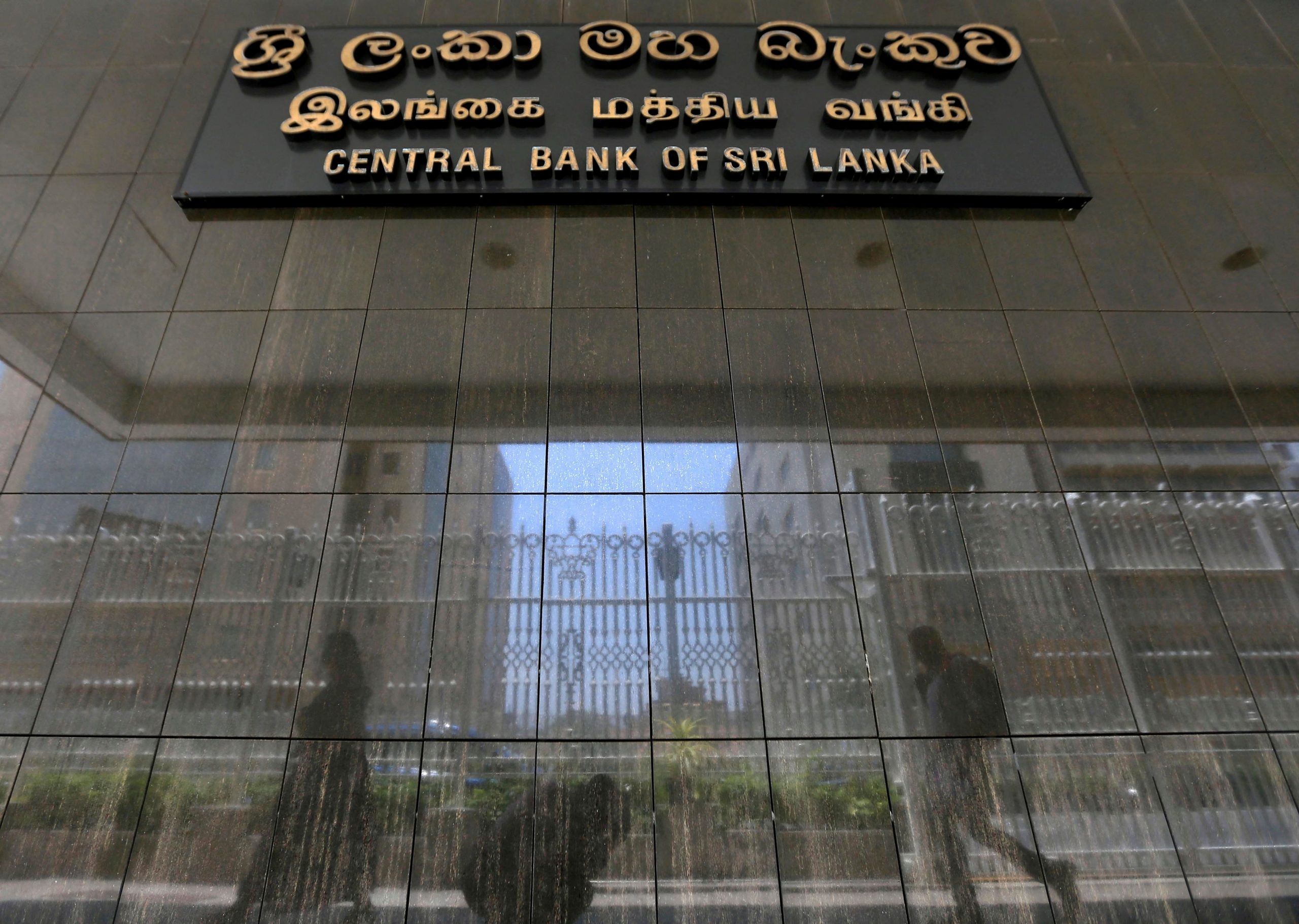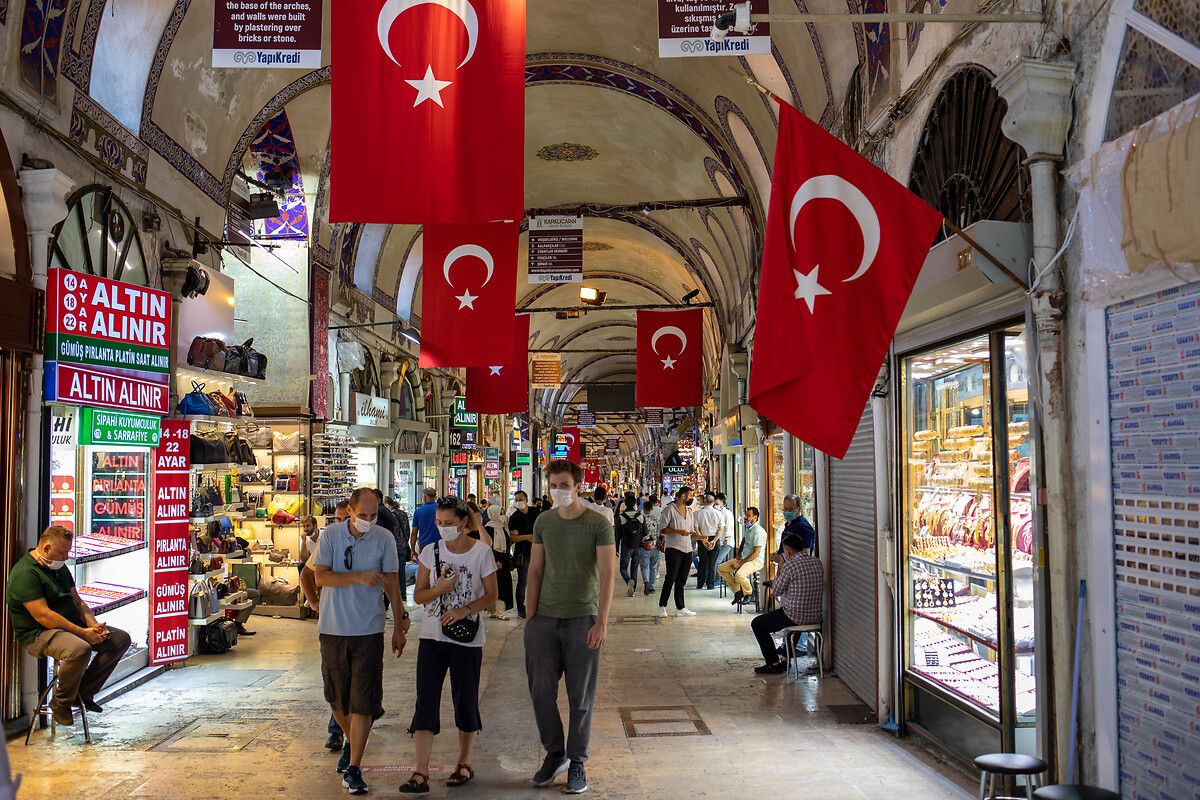On Wednesday, German authorities executed an extensive operation, spanning 15 property raids across the country, as they aimed to untangle the financial web supporting the Last Generation climate activist group. The group’s relentless protest campaign, often veering into disruptive and contentious methods, has increasingly captured the attention of authorities and the public.
Prosecutors in Munich have disclosed an investigation into seven individuals, ranging in age from 22 to 38, suspected of either forming or abetting a criminal organization. This development follows a cascade of criminal complaints received since mid-2022, painting a picture of a protest movement seemingly growing in audacity and operational complexity.
Over recent months, Last Generation activists have made a name for themselves by implementing disruptive tactics designed to amplify their message for more vigorous governmental action against climate change. By obstructing key transport arteries, the group has brought the pace of life in Berlin to a near standstill, using a strategy that combines street blockades and attaching themselves to busy intersections and highways. The group has also directed its activities towards the realm of art, aiming protests at numerous artworks and exhibits throughout the past year.
While such actions might be expected to draw a mix of praise and criticism, the balance seems to be tipping decidedly towards the latter. German Chancellor Olaf Scholz, reflecting a sentiment increasingly echoed in the German public, described the group’s approach as “completely nutty.”

The investigation goes beyond mere disruptions, as prosecutors allege that the individuals under investigation have facilitated a campaign specifically designed to “finance further criminal offenses,” attributing to them the raising of at least 1.4 million euros ($1.5 million) for this cause. The accusations become more severe with two suspects implicated in an attempted sabotage of an oil pipeline stretching from the Bavarian city of Ingolstadt to the Italian port of Trieste.
The raids conducted on Wednesday, alongside the freezing of two bank accounts and the seizure of other assets, form part of a broader effort to uncover evidence on the membership structure of Last Generation and expose its financing mechanisms.
Despite the lack of arrests following the raids, the crackdown by German authorities on the climate activist group signifies an intensifying conflict between state power and radical environmental activism. Last Generation, for their part, admit their protests are provocative but maintain that the disruption and friction caused serve to stimulate societal discourse on climate change.
However, the serious charges under investigation—forming a criminal organization, promoting criminal offenses, and even sabotage—suggest a line may have been crossed between peaceful activism and criminal activity. The use of funds to support actions deemed illegal raises critical questions about the intersection of activism, civil disobedience, and criminality, particularly in the context of a global climate crisis demanding urgent action.
The escalation in tactics from both Last Generation and the German authorities shows how climate activism and government responses to it are evolving, creating a tense and complex landscape. The coming weeks will likely reveal more about the group’s activities, the identity and motives of their funders, and the balance between the right to protest and maintaining public order in an era of rising climate activism.
©traders-news.online










